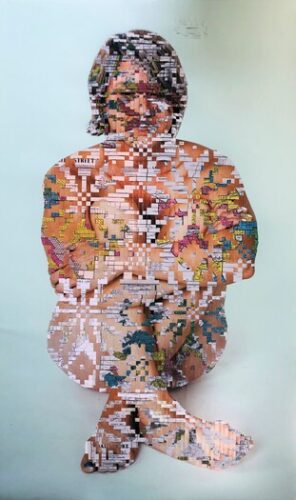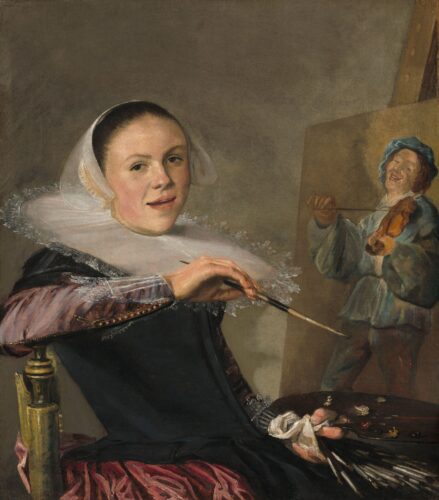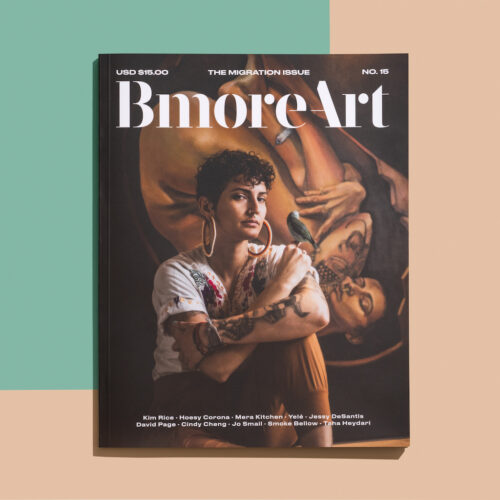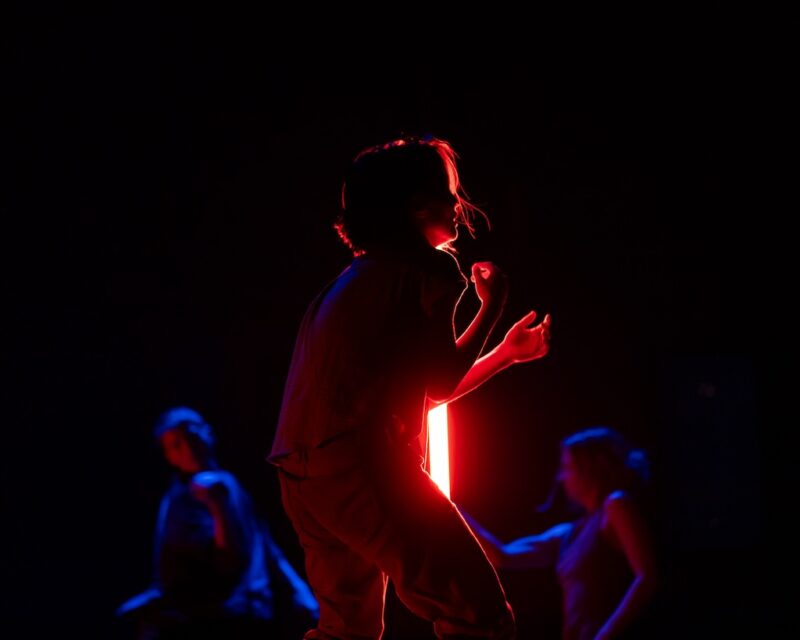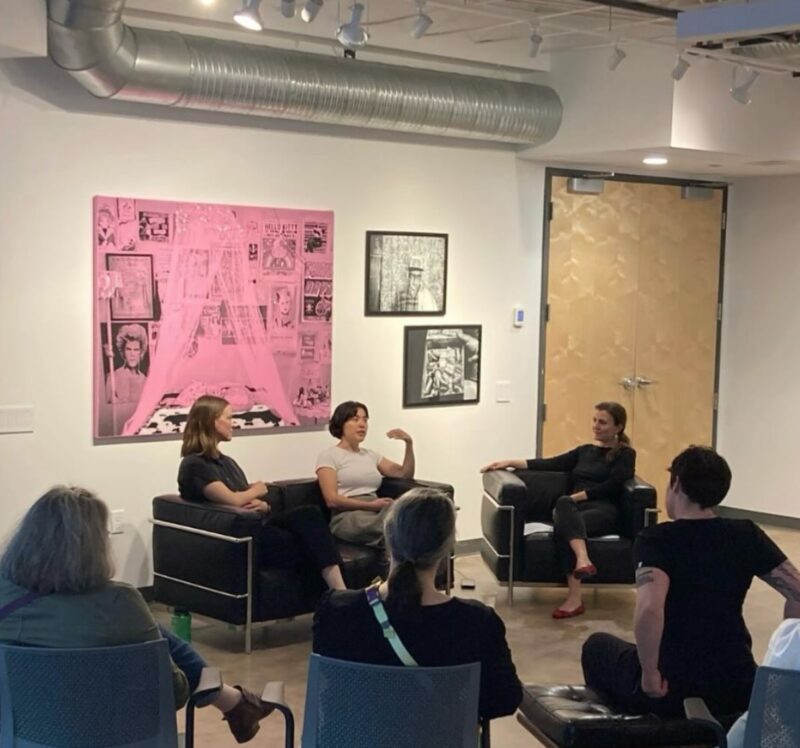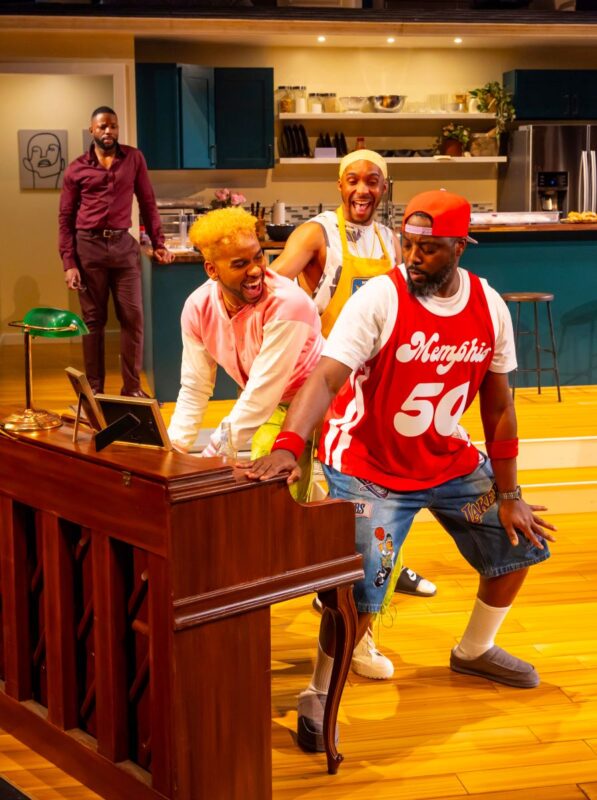Does Baltimore bring you a sense of belonging? Musically, did Baltimore bring you any profound influence?
MM: Before we moved here, we had been playing in over- lapping scenes for a few years. When we met and moved to Baltimore we both felt very burnt-out on playing in Australia. As we started to see music in Baltimore, it really kicked us into gear to start writing. Some of the first shows we remember being blown away by were Ed Schrader’s Music Beat, Microkingdom, Thank You, The Art Department, and Romantic States. The other thing that feels particularly special about Baltimore is the level of mutual support within the music and arts community more broadly, including the continued deep involvement of musicians that have achieved great success such as Dan Deacon, Future Islands, and Beach House.
CB: I’m from Sydney, and it’s one of those vast, big cities that doesn’t really give a fuck if you’re there or not. I’m speaking about my experience. I’m sure that other people are having a lovely time now. I’d never experienced being in the scene in a smaller city where people care and encourage what you’re up to, even if it isn’t their thing. They still appreciate it on some level and would help you. That really struck me more than anything. Baltimore is a magical place to be.
The definition of “nostalgia” is different for everyone. As an immigrant, the meaning of nostalgia may be more substantial; it may be to find your own voice and self-iden- tity or to emigrate to another country but still cherish the memories of your hometown. What do you think your nostalgia is?
CB: There’s some Australian music I can’t bring myself to listen to because it makes me pine for a part of my childhood that doesn’t exist anymore. In Australia, a sense of working-class pride was instilled in me when I was a kid and I associate a lot of music with that time.
MM: Nostalgia is more space-based for me: the feeling of a specific kind of day, the environmental smells, the feel of the air. Summer in Brisbane, where I’m from, is a good example. I definitely hold nostalgia for Brisbane summer evenings, which are steamy and deafening with wildlife. There are spiders everywhere, and at night you’re walking along whacking in front of you so that you don’t walk into a spider web, which sounds horrific, but I weirdly have nostalgia for that.
You have added the spoken word to some of the songs on each album, turning language into a musical sound and creating a dreamlike vibe. Does language have any creative significance for you?
MM: I find the most challenging part of making music is writing lyrics… partly because it feels the most vulner- able. Sometimes there is storytelling, but a lot of the time, I am using words to recreate a feeling or abstract scene in my head.
CB: I wrote the spoken word for the first record. It was a story of when I drove with my father from Sydney to Darwin. It’s more surreal, and I don’t really stick to reality in that story. I’ve always been really interested in how something weirdly magical happens when you put music behind the spoken word. It gives it this incredible weight. And it’s different from listening to someone talking or reading you a story. It opens up the music.
